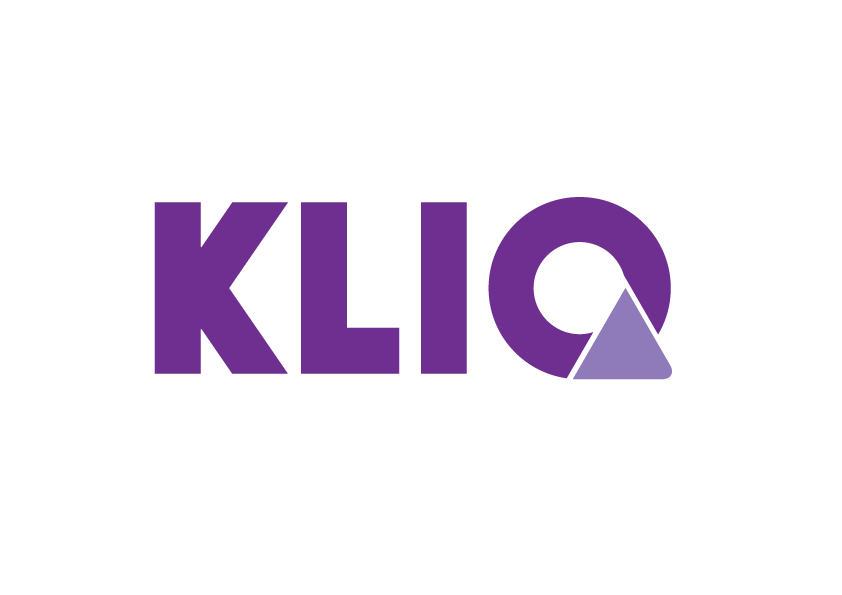European framework
RJ is promoted on European level. To find out what European legislation exists about RJ and what European organizations are involved in promoting RJ, please read the following text.
Legal framework regarding restorative justice in Europe
Two instruments at the European level are particularly important to the field of restorative justice (RJ). First, Directive 2012/29/EU establishing minimum standards on the rights, support and protection of victims of crime is the first binding EU legislation addressing RJ, going further than making reference to mediation only. The Directive required member states to implement it by 2015. Adopting the definition from the 1999 Council of Europe Recommendation, restorative jusice is any process whereby the victim and the offender are enabled, if they freely consent, to participate actively in the resolution of matters arising from the criminal offence through the help of an impartial third party. Paragraph 9 emphasizes all victims, regardless of gender expression, gender identity and sexual orientation, namely when accessing services, including RJ services. The Directive obliges member States to inform victims about available RJ services where relevant, underlines needs for protecting victims in RJ processes and promotes training and cooperation among different justice agencies, including RJ services.
Second, the CM/Rec (2018) 8 Council of Europe recommendation concerning RJ in criminal matters, though not binding, is considered to be the most innovative piece of legislation on RJ. The document offers a more balanced approach to victim and offender needs, calling for a broader shift to a criminal justice system that adopts a more restorative culture. The Recommendation recognizes the potential and positive outcomes of RJ, in addition to the pitfalls of traditional criminal justice. Restorative justice is defined as outlined in the 1999 Recommendation. Basic principles referred to in the Recommendation include active participation; addressing and repairing harm; voluntariness; respectful dialogue; equal concerns for all parties; procedural fairness; collective, consensus-based agreement; reintegration and mutual understanding; avoidance of domination; confidential; generally available service. The Recommendation further addresses the need for a legal basis for RJ within the criminal justice system. A Commentary explains each point in more detail.
European organizations, policies and programs promoting restorative justice
The European Forum for Restorative Justice is an international network organization connecting practitioners, academics and policy makers in the field of RJ. The Forum promotes research, policy and practice so that everyone may have access to high quality services, at any time and in any case (see www.euforumrj.org).
